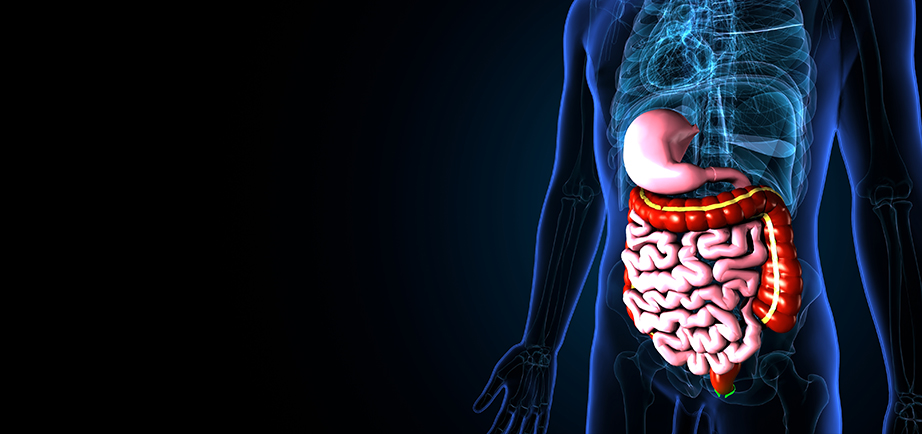
Reflux Disease (GERD)
What is Reflux Disease (GERD)?
Gastroesophageal reflux disease (GERD) is a chronic digestive disorder where stomach acid frequently flows back into the esophagus—the tube connecting your mouth and stomach. This backflow, or reflux, irritates the lining of the esophagus and causes symptoms like heartburn, chest pain, regurgitation of food, sore throat, or difficulty swallowing. In infants, it might present as frequent spitting up, irritability during feeding, or poor weight gain.
How We Cure It
Treatment of GERD typically begins with lifestyle and dietary modifications such as avoiding spicy or acidic foods, elevating the head during sleep, and feeding infants upright. Medications like antacids, H2 blockers, or proton pump inhibitors (PPIs) may be prescribed to reduce stomach acid production. In severe or unresponsive cases, surgical procedures like fundoplication may be considered. Consistent follow-up ensures symptom control and helps avoid complications like esophageal damage.

Get in Touch for Your Child’s Health
Timely care can make all the difference — early intervention ensures a healthier future. When it comes to kids, every precaution counts. Reach out to us today!
